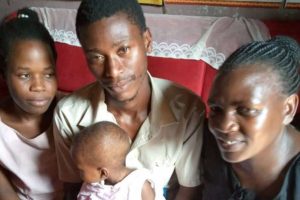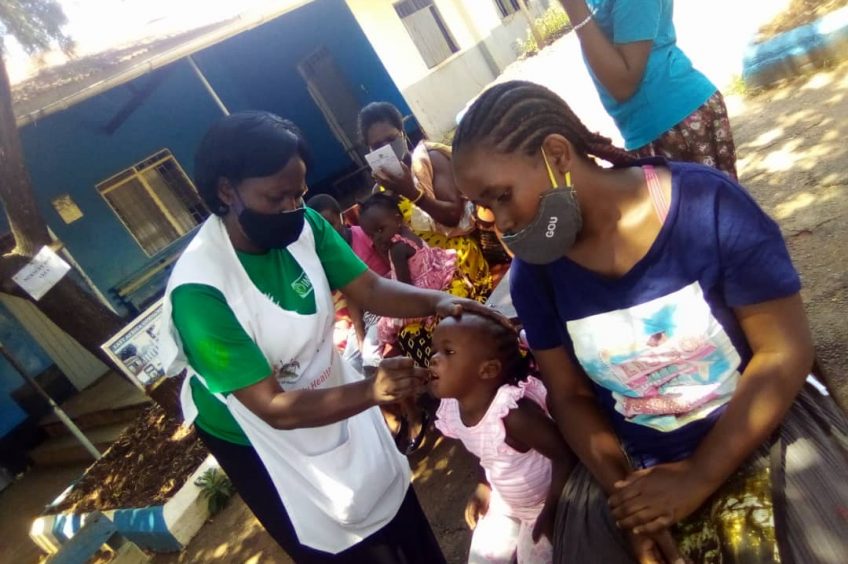MATERNAL AND CHILD HEALTH
Beginnings is a Maternal and Child Health project that seeks to improve maternal, new born and child health in two urban slum communities of Namuwongo and Bwaise.

The household visits and club meetings have transformed lives. Many of the participants that attended these meetings acknowledged that they found the trainings very helpful. New mothers learnt how to look after their new-borns and the expectant mothers how to prepare for their unborn babies.
The maternal support clubs have carried on meeting and disseminating health information to mothers in different communities. Maternal clubs have promoted unity among mothers.

PROJECT PROGRESS
- CRANE has maternal support clubs that meet once every month. In these clubs more parents (mothers) are reached with the message about maternal health, health risks in childhood, how to prevent and intervene to facilitate development. Peer educators and medical personnel from within these communities facilitate the clubs for easy referral. The clubs meet in 3 different venues of Namuwongo, Kanyogoga and Bwaise.
- As Peer educators meet monthly to share knowledge, new gaps are identified and they get equipped with knowledge and skills to cascade health messages in the local communities. They do this through running family visits and holding focus group discussions in communities.
- Peer Educators had 8 trainings and topics discussed last year included breastfeeding, immunization, primary Health care (PHC), obstetric care, use of drugs during pregnancy, birth preparedness, child growth monitoring, Infant and young child feeding and prevention /eradication of Mother to child transmission(PMTCT/EMTCT)
Throughout the year’s, activities, a total of 2086 Adults were reached benefiting 1104 Children. These activities included: MCH club meeting, community outreaches, Household visits and focus group discussion in communities.
- 200 adults were reached during the Maternal Support clubs and 160 children benefited from the meetings.
- 214 new households were reached with health messages
- 209 households received followed up visits conducted by peer educators
- A total of 754 adults i.e. 227 Male, 527 females and 944 children i.e. 467 boys and 477 girls were reached and benefited respectively in all the households.
- 1132 adults i.e. 330 males and 802 females were reached through focus group discussions.


